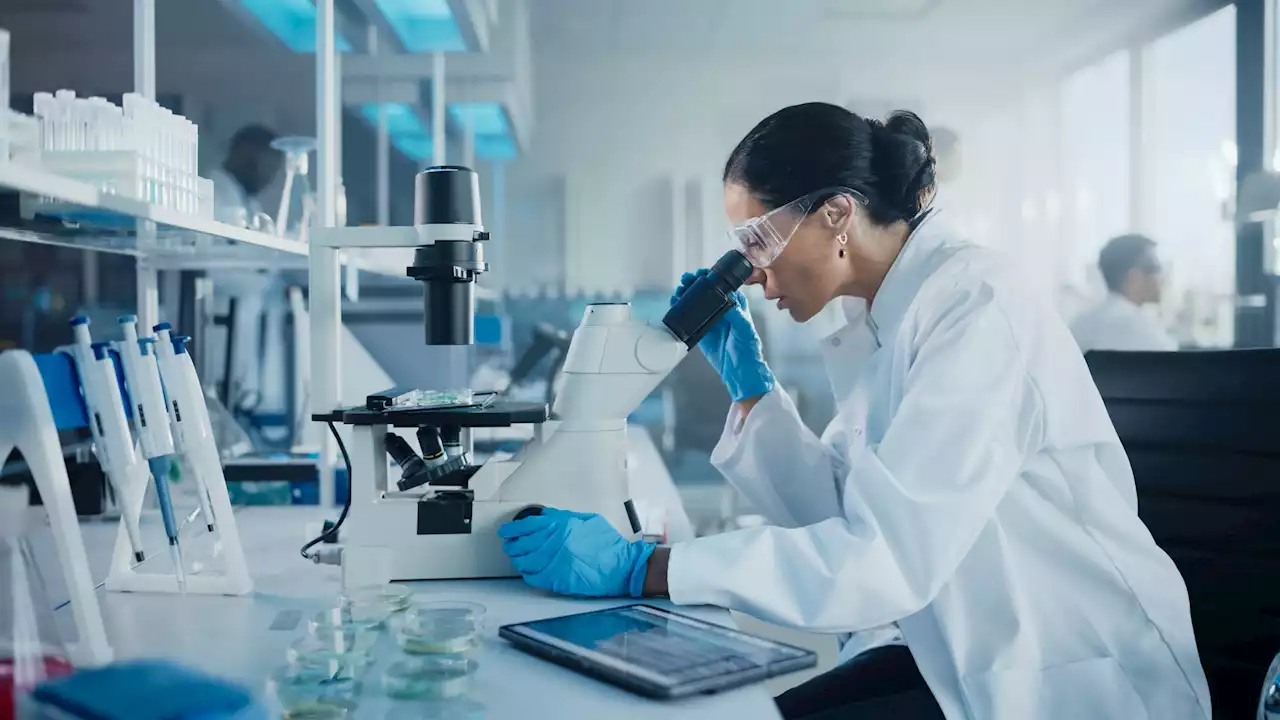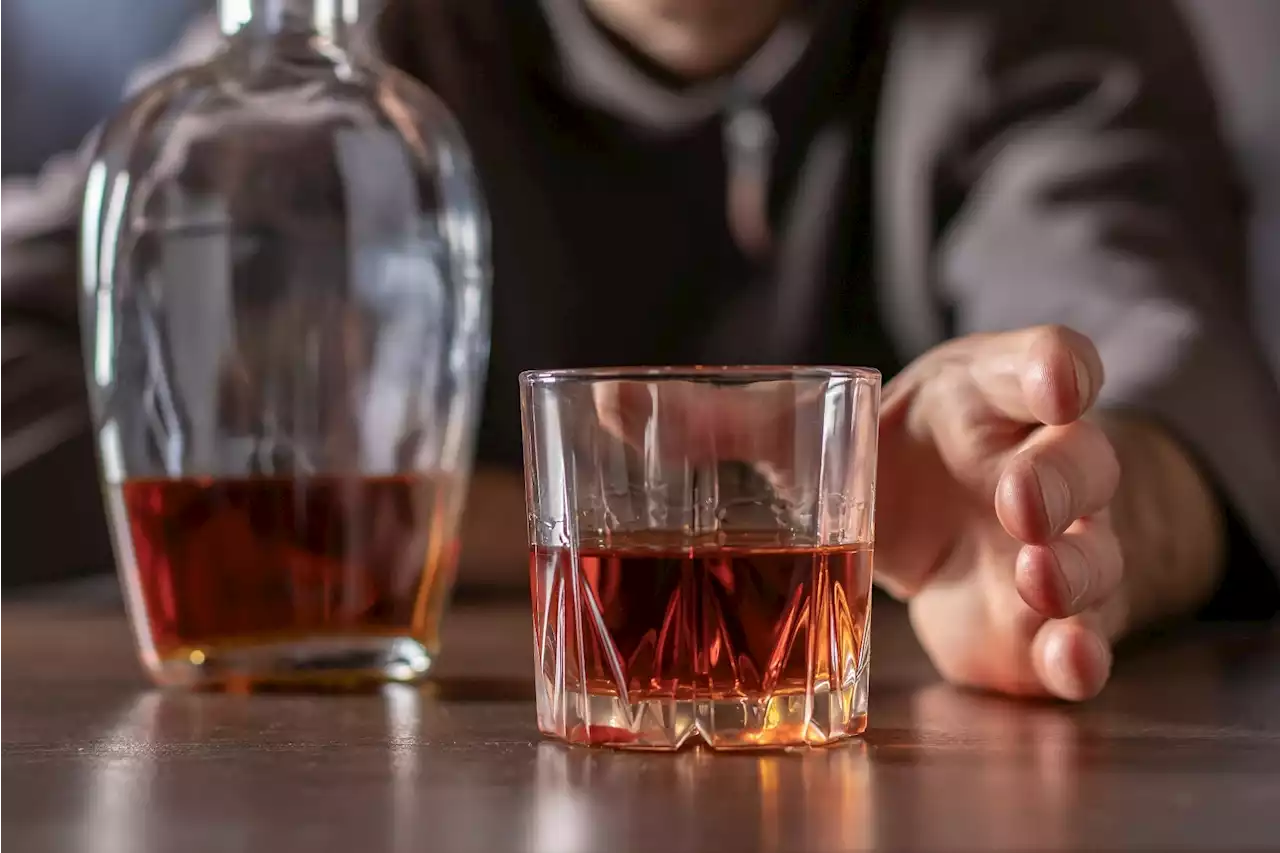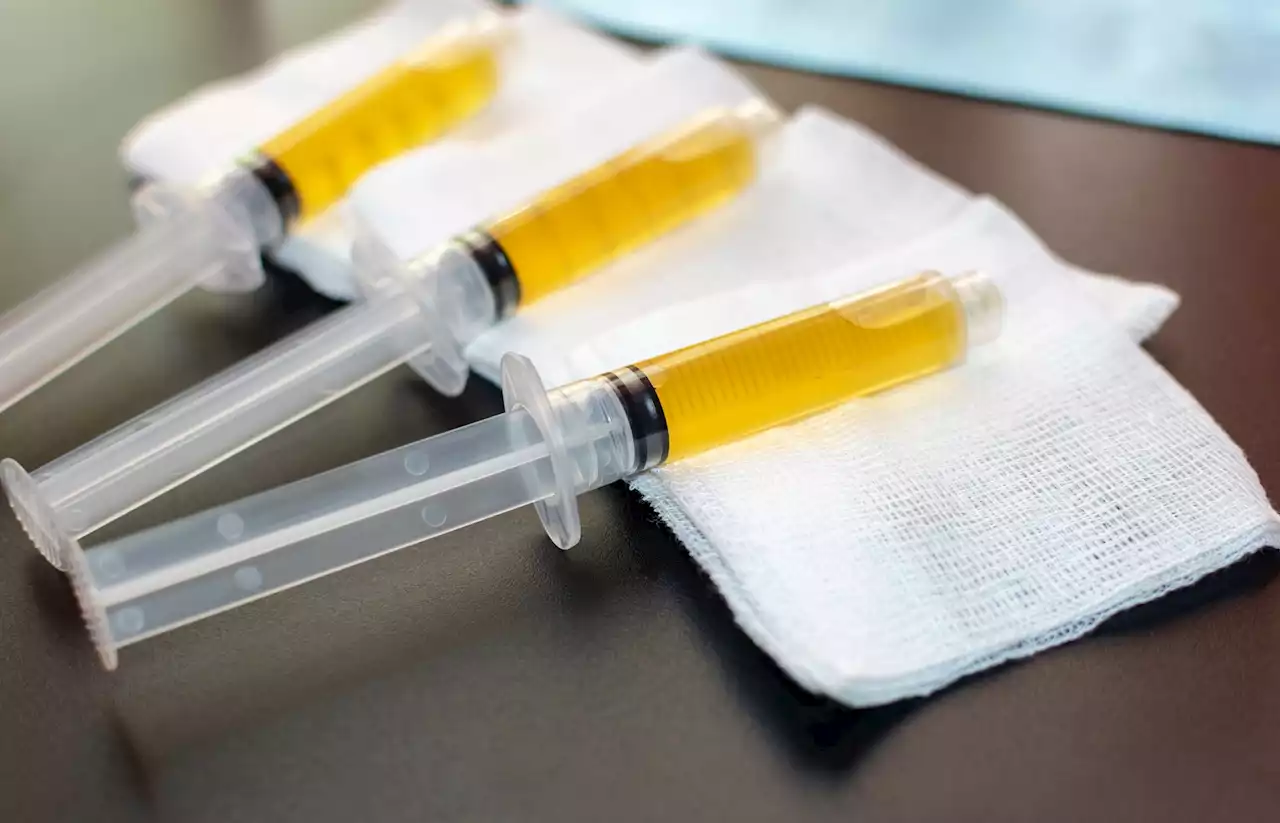Does convalescent serum treatment lower mortality in SARS-CoV-2-infected individuals? SciReports convalescent serum covid COVID19 SARSCoV2
By Pooja Toshniwal PahariaAug 14 2023Reviewed by Sophia Coveney In a recent study published in Scientific Reports, researchers performed a meta-analysis to evaluate the impact of convalescent serum therapy on all-cause mortality among coronavirus disease 2019 patients.
Convalescent serum treatment is a passive type of immunization in which serum from a previously recovered patient is transfused into a currently ill individual suffering from that disease. The antibodies by the convalescent individual confer humoral immunity to the ill individual. The Cochrane Library, PubMed, Google Scholar, and Medline were searched for high-quality and peer-reviewed full-text RCTs published in English and including hospitalized adult COVID-19 patients. The initial and subsequent data searches were conducted on 15 September 2021 and 29 January 2022, respectively. Observational studies, case reports, case series and RCTs including pregnant females were excluded from the analysis.
Results Initially, 415 publications, including 39 RCTs, were identified, from which 12 duplicate records were removed. Further, after the title and abstract screening, 15 records were excluded. After the full-text screening, 19 RCTs, including 17,021 individuals, were analyzed, of which 8,738 individuals received convalescent serum with the best medical treatment , whereas 8,283 individuals were provided with the best medical treatment alone or in combination with a placebo .
The sensitivity and leave-one-out analysis findings were comparable to those of the primary analysis, indicative of the robustness of the findings. No statistically significant small-study effects were observed in the included studies.
Australia Latest News, Australia Headlines
Similar News:You can also read news stories similar to this one that we have collected from other news sources.
 Dissecting human population variation in single-cell responses to SARS-CoV-2 - NaturePopulation differences in immune responses to SARS-CoV-2 can be explained by environmental exposures, but also by local adaptation acting through genetic variants acquired after admixture with archaic hominin forms.
Dissecting human population variation in single-cell responses to SARS-CoV-2 - NaturePopulation differences in immune responses to SARS-CoV-2 can be explained by environmental exposures, but also by local adaptation acting through genetic variants acquired after admixture with archaic hominin forms.
Read more »
 The protective effect of previous infections and vaccinations on SARS-CoV-2 Omicron infectionThe protective effect of previous infections and vaccinations on SARS-CoV-2 Omicron infection NatureComms rivm infections infection vaccine vaccination SARSCoV2 Omicron
The protective effect of previous infections and vaccinations on SARS-CoV-2 Omicron infectionThe protective effect of previous infections and vaccinations on SARS-CoV-2 Omicron infection NatureComms rivm infections infection vaccine vaccination SARSCoV2 Omicron
Read more »
 Genetically diverse mouse models of SARS-CoV-2 infection reproduce clinical variation in type I interferon and cytokine responses in COVID-19 - Nature CommunicationsDynamics of type I interferon (IFN) following infection with SARS-CoV-2 are critical in determining disease severity in humans but have been difficult to model in mice. Here, infection of genetically diverse mice reveals how delayed or immediate IFN signaling coordinates antiviral immunity.
Genetically diverse mouse models of SARS-CoV-2 infection reproduce clinical variation in type I interferon and cytokine responses in COVID-19 - Nature CommunicationsDynamics of type I interferon (IFN) following infection with SARS-CoV-2 are critical in determining disease severity in humans but have been difficult to model in mice. Here, infection of genetically diverse mice reveals how delayed or immediate IFN signaling coordinates antiviral immunity.
Read more »
 Researchers design one-step procedure for improving effective of adoptive cell immunotherapy against solid tumorsResearchers design one-step procedure for improving effective of adoptive cell immunotherapy against solid tumors ScienceAdvances cellimmunotherapy immunotherapy tumors adoptive
Researchers design one-step procedure for improving effective of adoptive cell immunotherapy against solid tumorsResearchers design one-step procedure for improving effective of adoptive cell immunotherapy against solid tumors ScienceAdvances cellimmunotherapy immunotherapy tumors adoptive
Read more »
 What is the prevalence of current alcohol consumption and of risky alcohol consumption among cancer survivors in the US?What is the prevalence of current alcohol consumption and of risky alcohol consumption among cancer survivors in the US? JAMANetworkOpen alcohol consumption alcoholconsumption cancer canceresearch cancersurvivors risky riskyalcoholconsumption
What is the prevalence of current alcohol consumption and of risky alcohol consumption among cancer survivors in the US?What is the prevalence of current alcohol consumption and of risky alcohol consumption among cancer survivors in the US? JAMANetworkOpen alcohol consumption alcoholconsumption cancer canceresearch cancersurvivors risky riskyalcoholconsumption
Read more »
 Exploring DNA methylation biomarkers of multiple sclerosisExploring DNA methylation biomarkers of multiple sclerosis IJMS_MDPI UniofNewcastle karolinskainst MonashUni MS disease DNA methylation epigenetics multiplesclerosis
Exploring DNA methylation biomarkers of multiple sclerosisExploring DNA methylation biomarkers of multiple sclerosis IJMS_MDPI UniofNewcastle karolinskainst MonashUni MS disease DNA methylation epigenetics multiplesclerosis
Read more »
